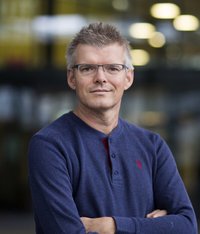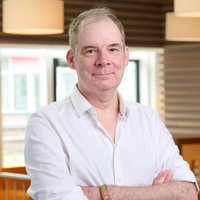First-of-its-kind infrastructure
The new research infrastructure, often called a digital twin, will be the first of its kind worldwide. It will dynamically represent complex electricity systems, allowing researchers to simulate and study tomorrow’s grid before it is built. This capability supports realistic, repeatable experimentation on technical behaviour, market rules and resilience under a wide range of scenarios.
Necessity and urgency
Electricity systems worldwide face converging pressures. The electrification of transport, heating and industry is driving unprecedented loading and congestion. At the same time, distributed renewable generation (e.g. solar) and a fast-growing number of digital assets increase complexity and can threaten grid stability.
Added to this is the need for national autonomy and resilience, which calls for a fundamental rethink of how we design and operate energy networks. A secure, research-scale digital twin also makes it possible to explore low-probability/high-impact events and to test system robustness against malicious actors (including sabotage and physical attacks) in a safe environment.

Role of CWI
UTOPYS strengthens CWI’s role as a hub for methods and models underpinning the future of Dutch energy systems, and establishes a foundation for future research into decentralized AI techniques for electricity systems.
Professor Bert Zwart, head of CWI’s Stochastics group, serves as work package leader on mathematical challenges within the UTOPYS consortium. He emphasizes the long-term research value of the infrastructure:


